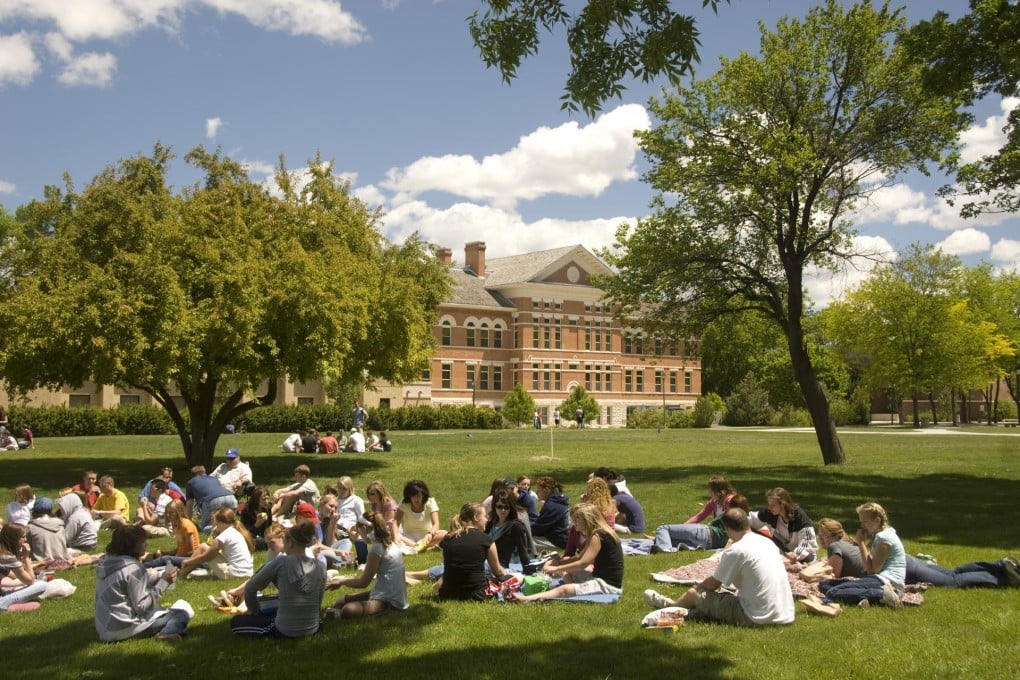Not all students are mature enough to study abroad
Parents must assess if their child is ready for overseas schooling

Leaving home to study abroad is a rite of passage for many young people. But as exciting as this adventure may be, students face psychological challenges overseas that are often not recognised.
Dr Cathy Tsang-Feign, a psychologist and author of expatriate manual , has seen an increasing number of young people coming into her office scarred by their experience.
Families view studies abroad as a way to broaden their children's minds and increase their chances of success. But "even if the family has been to that country many times before or holds a passport of that country, it's different when you're on your own," Tsang-Feign says.
Education Secretary Eddie Ng Hak-kim noted in 2012 that a survey of candidates who sat for the Hong Kong Diploma of Secondary Education found 7 per cent (about 4,900 students) wanted to study overseas, up from about 4.5 per cent (1,200 students) in 2010-11.
A more recent trend is students choosing to pursue high school abroad; research from the Institute of International Education found that students from Asia make up 57 per cent of all international high school students in the US.
Boarding can be tough for children, especially those who are sent abroad when they are as young as 11. "Some parents think they can shelter their children from the pressures of local education.
